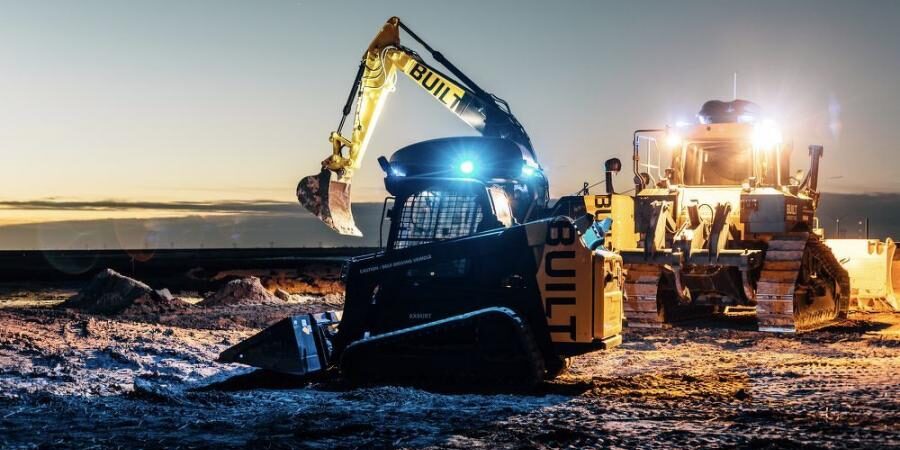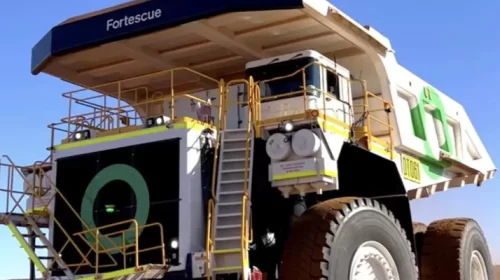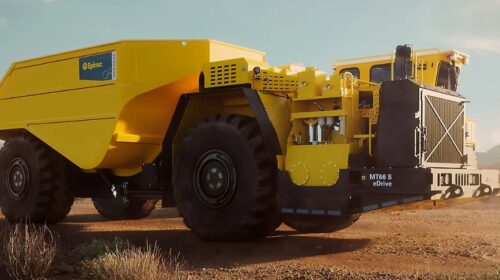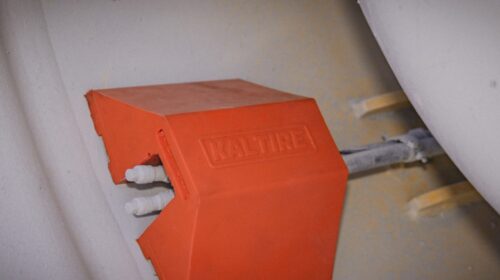Fully autonomous excavation a step closer
Researchers from Baidu Research Robotics and Auto-Driving Lab and the University of Maryland have developed an autonomous excavator system that can perform loading tasks without human operators.
The system has been designed to mimic the performance of experienced human operators and is one of the first automated systems of its kind to be deployed in real-world scenarios and operate for more than 24 hours.
According to Baidu Research, the autonomous system will bring additional safety and productivity to excavation.
University of Maryland professor of computer science and electrical and computer engineering, Dinesh Manocha, who was involved in the study, said it marks a step forward in robotics.
“This represents a key step moving towards deploying robots with long operating periods, even in uncontrolled indoor and outdoor environments,” Manocha said.
Baidu Research stated that the global market size for excavators will grow to $US63.14 billion ($84.5 billion) by 2026 from $US44.12 billion in 2018.
Autonomous excavators are believed to be the next step to address the increase in excavator usage and skills shortages that countries are facing.
The autonomous excavator system uses real-time algorithms to operate in outdoor environments along with sensors to identify target materials.
Its modular design has allowed the system to be installed on excavators of all sizes and makes it suitable for applications like mining.
Baidu Research Robotics and Auto-Driving Lab head Liangjun Zhang said the study represents a promising autonomous system
“This work presents an efficient, robust, and general autonomous system architecture that enables excavators of various sizes to perform material loading tasks in the real world autonomously,” Zhang said.
The next step in the research is for Baidu to refine core modules in the autonomous excavator system and factor in scenarios of extreme weather or environmental conditions.
![]()





